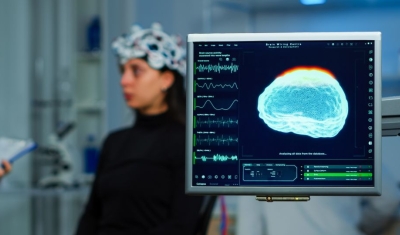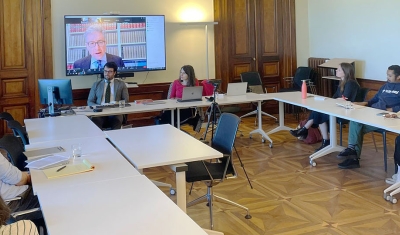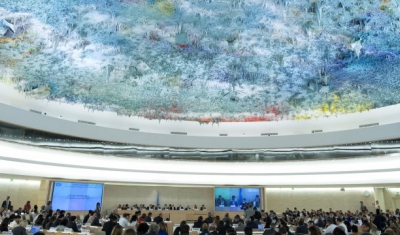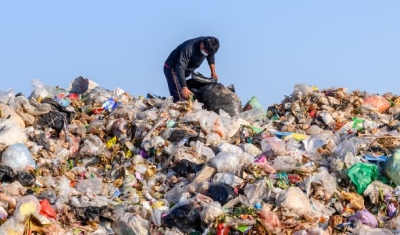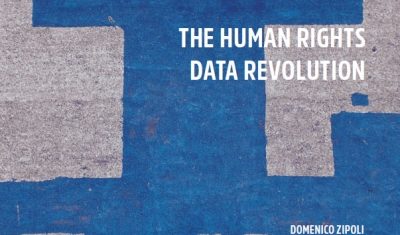Students Spend Three Days in Poland to See How a Country Deals with its Past

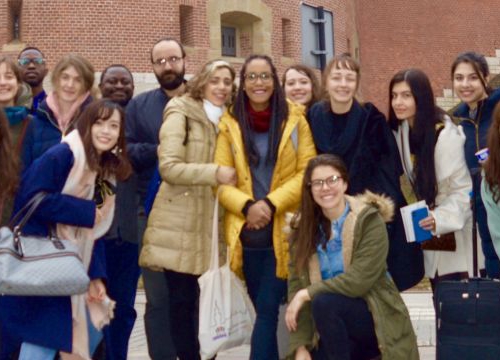
Luisa Gómez Betancur
2 April 2019
Students of our MAS in Transitional Justice, Human Rights, and the Rule of Law (MTJ) spent three days in Poland (Krakow and Warsaw) to look into transitional justice issues and see how the country has been deadline with its past.
‘Poland is for me one of the most fascinating and complicated cases of dealing with a difficult past after the Holocaust and the fallout from a long-lasting authoritarian communist regime. The three-day trip provided me with new insights on the role of Poles not only as victims and passive observers, but also arguably as perpetrators, and how the current generations are struggling to deal with such complex identity. I believe this trip is not an end in itself, rather it has left us contemplating additional questions of law, justice and memory’ says Linh Thao Nong.
Preparations in Geneva
The study trip was organized by three MTJ students: Luisa Gómez Betancur, Anthoula Bourolias, and Zoe Fiscus-Doss.
Before leaving to Poland, students met in Geneva with Dr Andre Liebich, Honorary Professor of International History and Politics at the Graduate Institute of International and Development Studies, who briefed them on Poland’s history, its post-Communist lustration process, and its current political scene.

Looking into Poland’s Holocaust and Communist Past
Via guided tours, museums visits and discussions with experts, MTJ students learned about the challenges related to dealing with the past in Poland.
In a meeting at the Jewish Community Center (JCC) in Warsaw, they discussed with scholars – Dr Aleksandra Gliszczyńska-Grabias, Assistant Professor at the Poznań Human Rights Centre of the Institute of Law Studies of the Polish Academy of Sciences; Marta Saracyn, Programme Director at JCC Warsaw; and Dr Tomasz Lachowski, Transitional Justice Expert at the Faculty of Law and Administration at the University of Lodz – Poland’s Holocaust and Communist past, including how Polish memory laws applied to the Holocaust and the impact of these laws; the complexities and varied nature of the Jewish identity; and transitional justice in Poland and the post-Communist lustration process.
‘The meetings we had in the Jewish Community Center in Warsaw highlighted one more time the vital significance of creating and preserving a historical narrative that reflects the realities of the past, without being subjected to political manipulation’ underlines Lilit Hovhannisyan.

A Visit to the Auschwitz-Birkenau Memorial
Students spent their last day in Poland with a visit to the Auschwitz-Birkenau Memorial.
‘The visit to Auschwitz-Birkenau was an unforgettable experience. There is nothing like being physically present at a historical location when trying to comprehend the magnitude of an event, particularly one as overwhelmingly tragic as the Holocaust’ explains Christina Martin.








